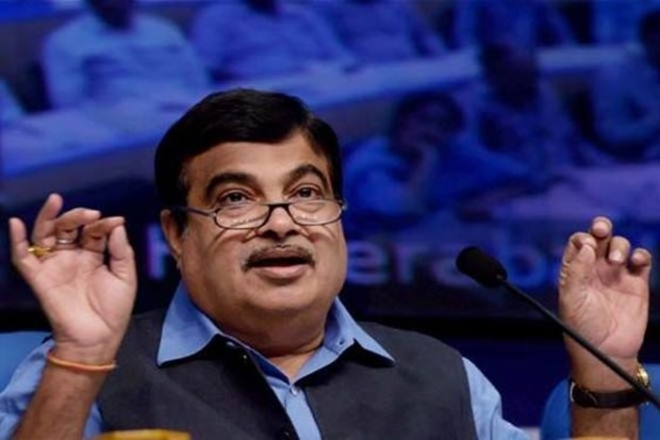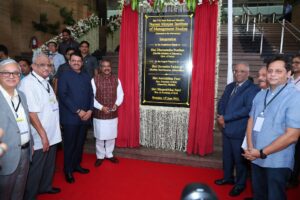
After witnessing eminent speakers like Devendra Fadnavis, Baba Ramdev, Arvind Subramanian, Raghuram Rajan amongst the others on the day 1 of the 5th Edition of India Economic Conclave 2018 in its day 2 witnessed Nitin Gadkari setting the context for the second day. The Union Minister for Road Transport & Highways, Shipping and Water Resources, River Development shed his views on ‘Shaping India’s $5 Trillion growth agenda’ highlighting the agricultural crisis in the country.
Celebrating the leadership of Indian economy at the world stage, India Economic Conclave 2018 curated thought provoking sessions, insights and inspiring glimpse into the future with a clear focus to enable the rapid transformation of India to a global powerhouse.
Nitin Gadkari, Union Minister for Road Transport & Highways, Shipping and Water Resources, River Development, states “We are very much committed towards progressive development. Compared to the last 60 years with 4 and half years of our government, we have given an appropriate vision to our country. Agricultural crises is the biggest crisis today! And I have addressed it to the government.
We have prioritised agriculture and the growth rate has been raised up by 20%. Without strengthening rural agricultural economy, purchasing power of the large population, employment in rural areas the manufacturing and service sectors cannot boost. I am aiming to start about 5 projects for water connectivity which are of Rs. 2 lakh crores”
MK Anand, MD & CEO, TIMES NETWORK said, “India Economic Conclave through the course of its 4 editions has successfully carved a niche to become the most definitive global stage for driving India’s economic agenda.
The 5th edition of our flagship event assumes significance at a time when India is at the cusp of a major transformation as we prepare to emerge from the current $2.6 Trillion economy to a $5 Trillion by 2025. With a strong purpose to drive this agenda and to unleash the true potential of India Inc., India Economic Conclave strives to build conversations for constructive dialogues and discussions on the critical points concerning the economy”.



